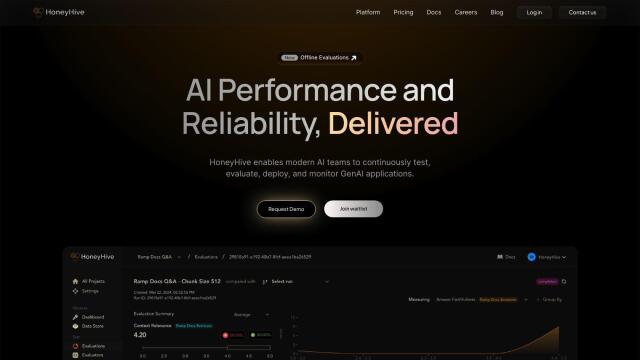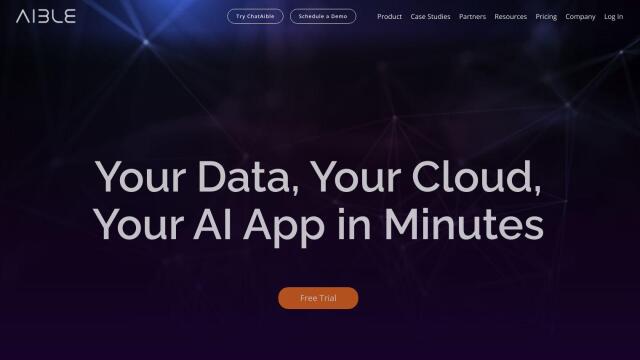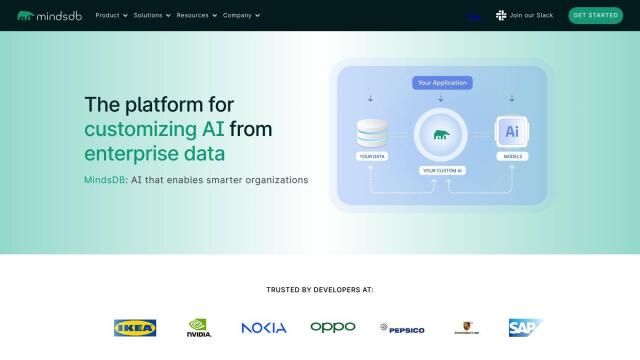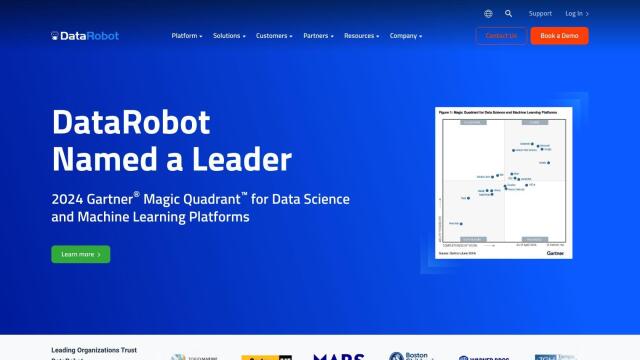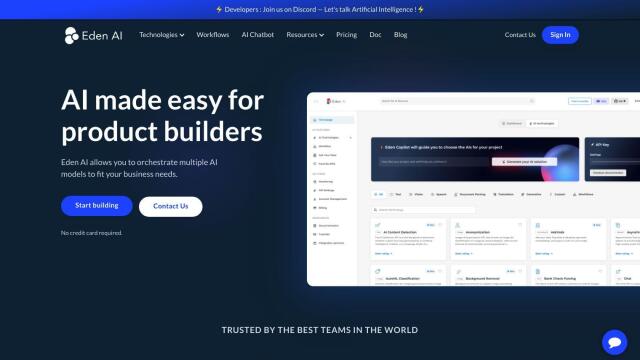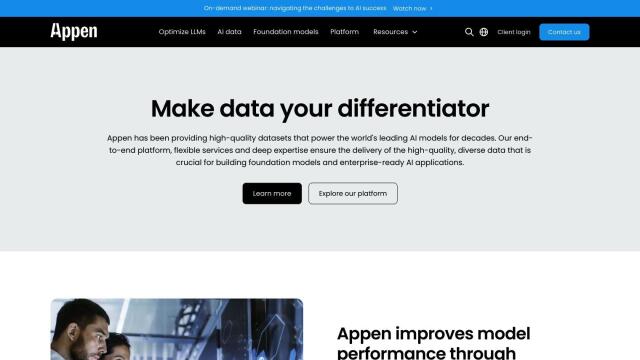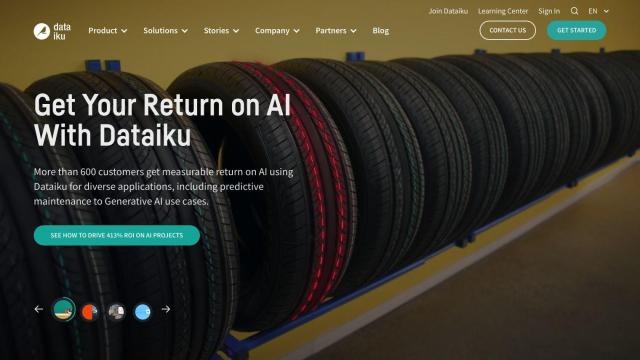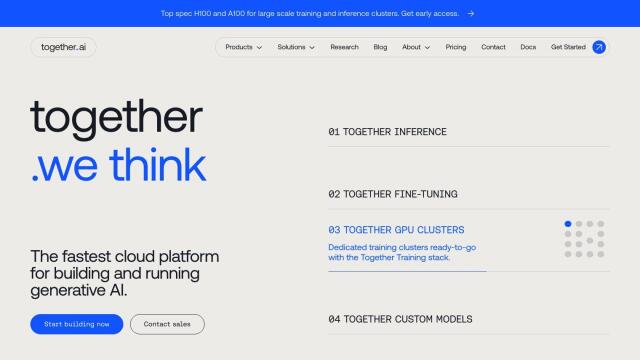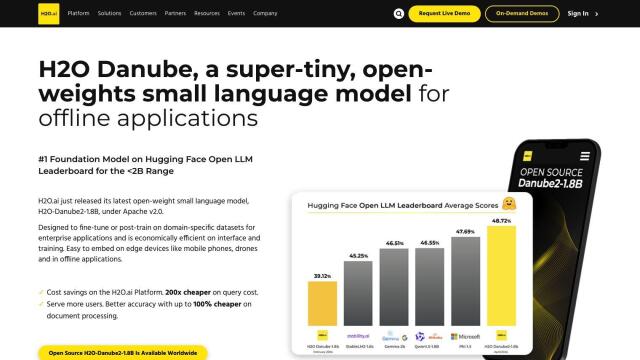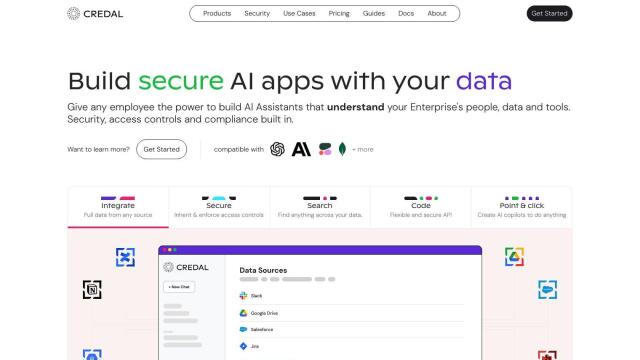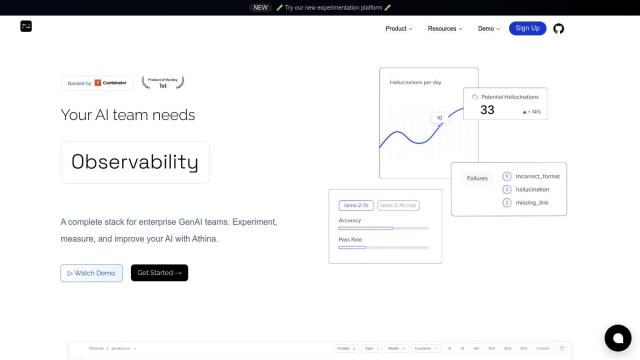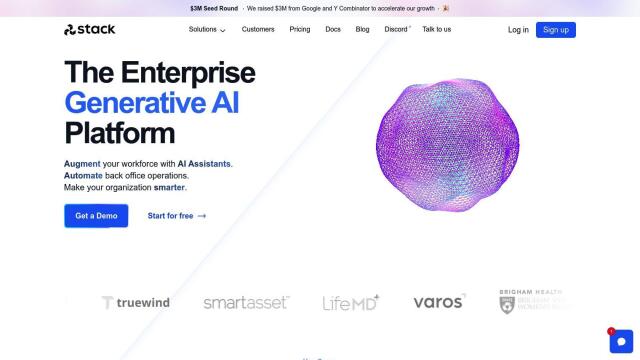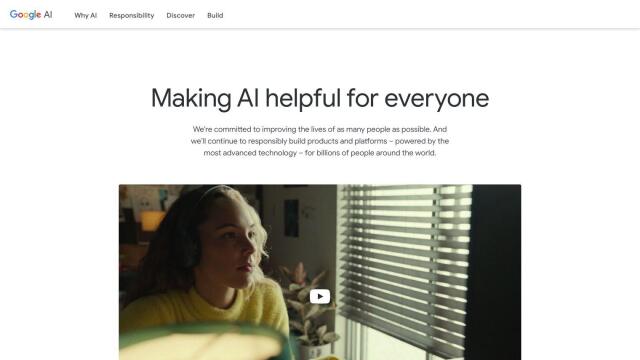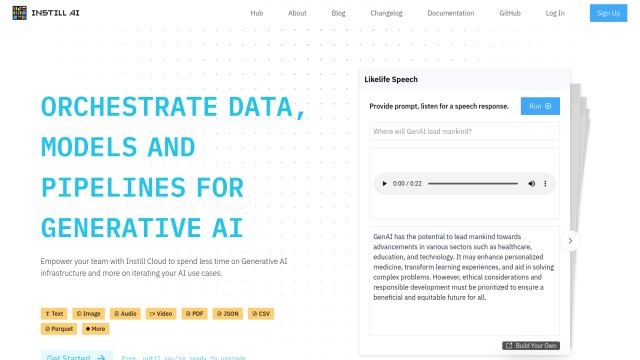Question: I need a solution that integrates with multiple data sources to improve AI model accuracy and reduce hallucinations.


LastMile AI
If you need a system that can draw from multiple data sources to train AI models more accurately and cut hallucinations, LastMile AI is a good option. The platform offers a wide range of tools for generative AI work, including Auto-Eval for detecting hallucinations automatically, RAG Debugger for optimizing performance, and AIConfig for optimizing prompts and managing models. It can handle a variety of AI models for text, image and audio data and has a notebook-like interface, Workbooks, for prototyping and building apps that combine multiple AI models.


Abacus.AI
Another option is Abacus.AI. The platform lets developers build and run large-scale AI systems using generative AI and neural network technology. It offers tools like ChatLLM for building RAG systems, AI Agents for combining multiple data sources, and predictive and analytical tools. Abacus.AI can be used for automating complex tasks, real-time forecasting and anomaly detection, so it's a good option for improving AI model accuracy.


Dataloop
Dataloop is another good option. The platform combines data curation, model management and pipeline orchestration to speed up AI app development. It offers tools for managing large amounts of unstructured data, automated preprocessing and embeddings for similarity detection. Dataloop can handle a variety of unstructured data types and offers collaboration and development tools to help you work more efficiently, with security controls that meet industry standards.

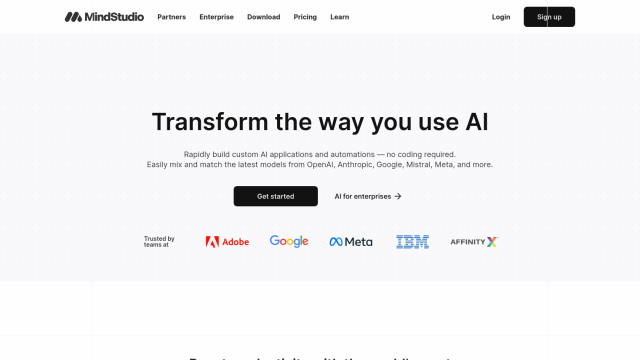
MindStudio
If you want a no-code option, check out MindStudio. The platform lets you build custom AI tools and automations without writing code. It can connect to multiple data sources and offers personalized AI assistants, model selection and comparison and API access. MindStudio offers a variety of pricing plans, so you can find something that works for your needs and budget.



